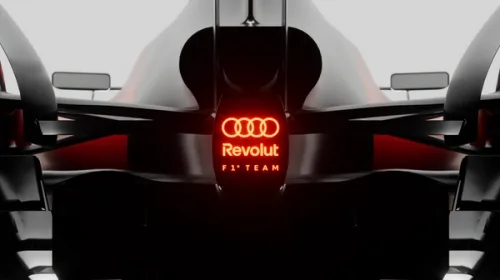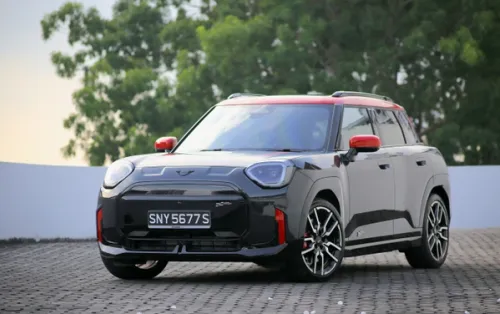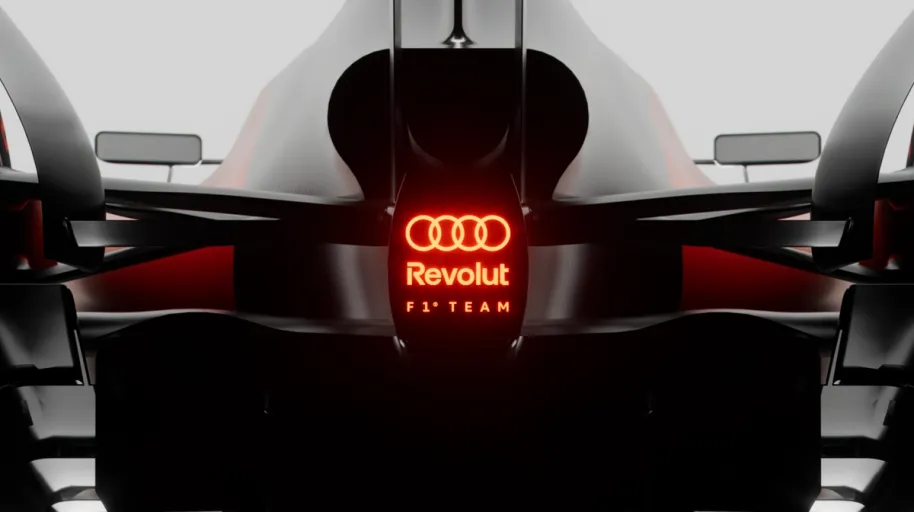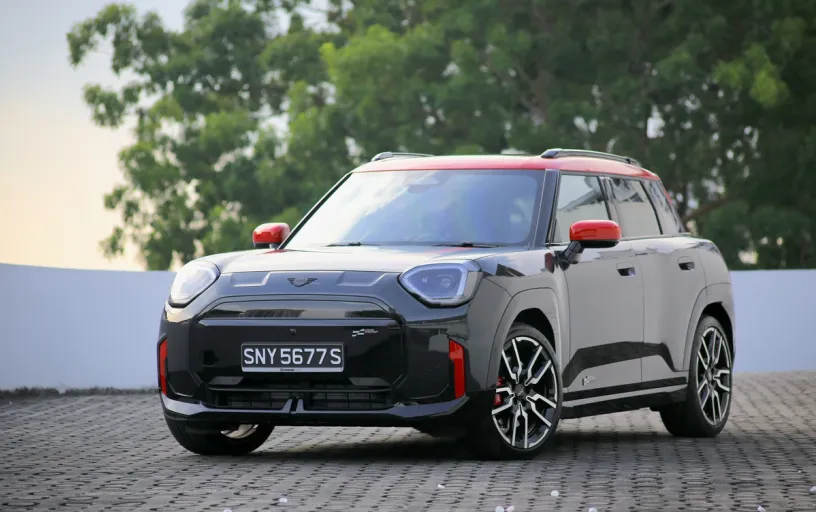Merceds-Benz E 350 CDI BlueEFFICIENCY Review: Diesels do nicely
Diesel power is a pretty common sight in the executive class in Europe. Do they have the potential to do well over here as well? Raymond Lai deliberates.


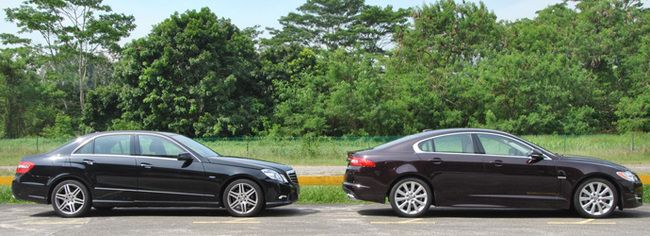
Both the XFS and the E350 CDI have interiors that are very similar to the rest of the XF and E-Class range respectively. When it comes to rear accommodation, the German car offers a tad more room for rear passengers.
Despite being hugely impressive indeed in many areas, the diesel powered Jaguar XFS and Mercedes-Benz E350 CDI BlueEFFICIENCY both have a huge deterring factor – the high diesel passenger tax on top of the regular road tax. The annual special tax for a Euro-IV diesel passenger car is computed based on $1.25 per cc of engine capacity, subject to a minimum annual payment of $1,250. This is in addition to the usual road tax. This equates to more than $4k per annum for both the XFS and E350 CDI, which means it is taxed roughly as heavily as the 5-litre petrol model here like the XFR or E500.
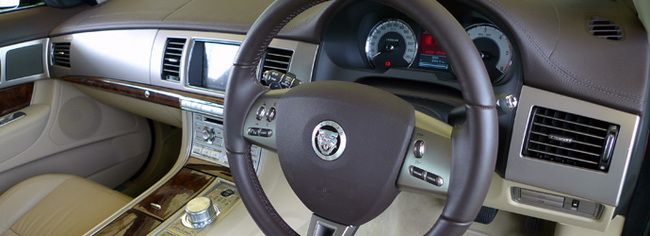
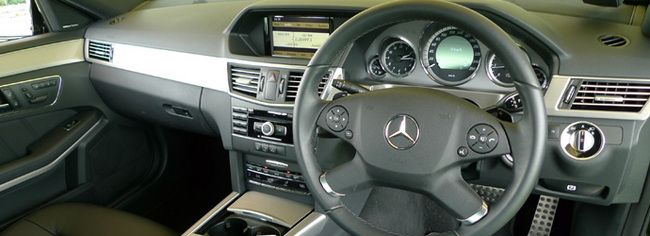
Diesel might be cheaper than petrol at the pumps and a diesel engine consumes significantly less than an equivalent petrol but the tax penalties are still too high to negate these benefits. Unless of course if you are a high mileage driver that do at least 30,000km per year. Moreover, the cost of buying a diesel model is higher than an equivalent petrol version because diesels are typically more complicated to manufacture.
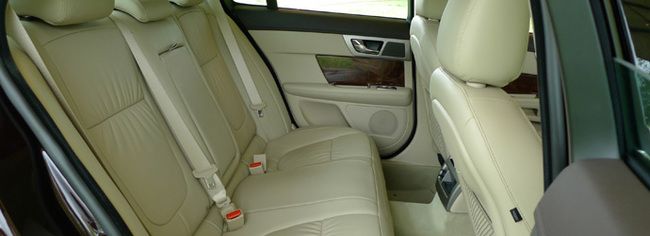

So unless the authorities decide not to tax diesel passenger cars as heavily or drop the tax altogether, the diesel XFS’ and E350 CDI’s case won’t be as strong over here like they are over in Europe, where most markets have their road taxes based on the car’s CO2 outputs. The authorities need to rethink or even abolish the diesel tax structure to create an even more level playing field with petrol power for clean diesel power – diesels after all, are more economical and emit less CO2 and hence more environmentally friendly. Until then, executive car buyers will continue to stick to good old familiar petrol power for their XF and E-Class variants, which is a real pity indeed.
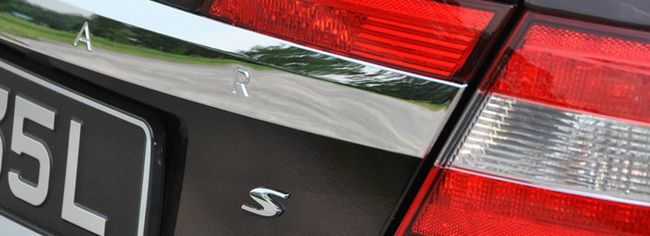
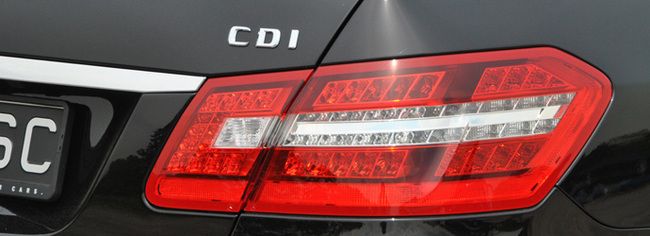
Credits: Story and photos by Raymond Lai



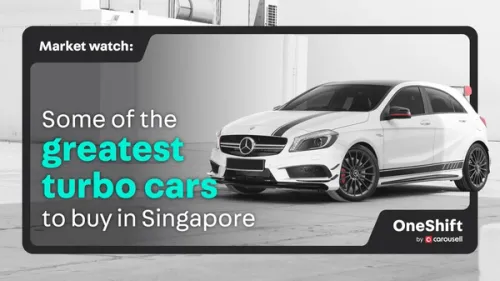




Get the Best Price for your used car
from 500+ dealers in 24 hours

- Convenient and Hassle-Free
- Consumer Protection
Transparent Process
With No Obligation
